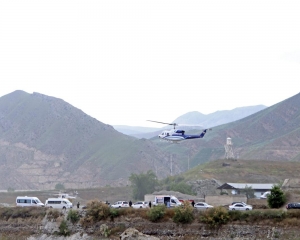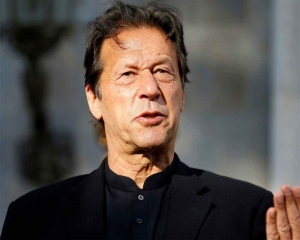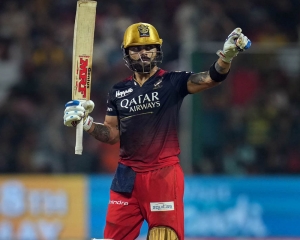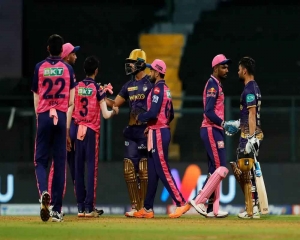In the midst of the ongoing dispute between India and China concerning journalists, tensions have escalated as China has reportedly ordered the last Indian journalist remaining in the country to leave. The representative from Press Trust of India (PTI) has been instructed to leave China by the end of this month, effectively erasing any Indian media presence from the country.
Earlier this year, four Indian media houses had stationed journalists in China. However, over the weekend, The Hindustan Times reporter left, while two journalists from public broadcaster Prasar Bharti and The Hindu newspaper had their visa renewals denied in April, according to the Bloomberg.
The recent development of China expelling the last Indian journalist comes as both Beijing and New Delhi engage in a tit-for-tat row, further deepening the rift between the two Asian economic powerhouses.
The Chinese authorities’ instruction to the PTI reporter follows the pattern of reciprocal actions, as China’s last remaining journalist in India is still awaiting the renewal of their visa. Previously, India rejected visa renewal applications from two journalists from Xinhua News Agency and China Central Television.
While the Chinese Foreign Ministry and the Ministry of External Affairs did not respond to requests for comment, the Indian Government acknowledged that Chinese reporters had faced no difficulties operating in India. However, the same cannot be said for the Indian journalists in China. The two countries have been in contact regarding this issue, according to Indian officials.
The visa dispute originated a few months ago when Indian journalists hired local assistants in China to aid in reporting. Chinese authorities responded by imposing restrictions, allowing only three individuals at a time from a pool provided by the Chinese authorities to be employed. In contrast, India does not have a cap on hiring.
Tensions between Beijing and New Delhi have persisted since a deadly clash on the Himalayan frontier in 2020. While China has sought to separate that dispute from the overall relationship and focus on trade and economic ties, India has maintained that relations cannot return to normal until the border issue is resolved.
These visa rejections occur as India hosts the Group of Twenty (G20) and the Shanghai Cooperation Dialogue meetings this year. Chinese President Xi Jinping is expected to attend the G20 leaders summit in September as China aims to strengthen its diplomatic and political presence globally.
Notably, China has also been involved in a long-standing dispute with the United States over journalist visas. The Trump administration categorised several Chinese media companies as “foreign missions” and imposed restrictions on the number of Chinese journalists in the country. In response, Beijing revoked press credentials for reporters from US media companies.
In 2020, two Australian journalists fled China amid escalating diplomatic tensions between the two nations. Initially barred from leaving, the journalists spent five days under consular protection until Australian diplomats negotiated their departure. That year, Beijing accused Canberra of raiding the homes of Chinese State-media staff and seizing their property.

























